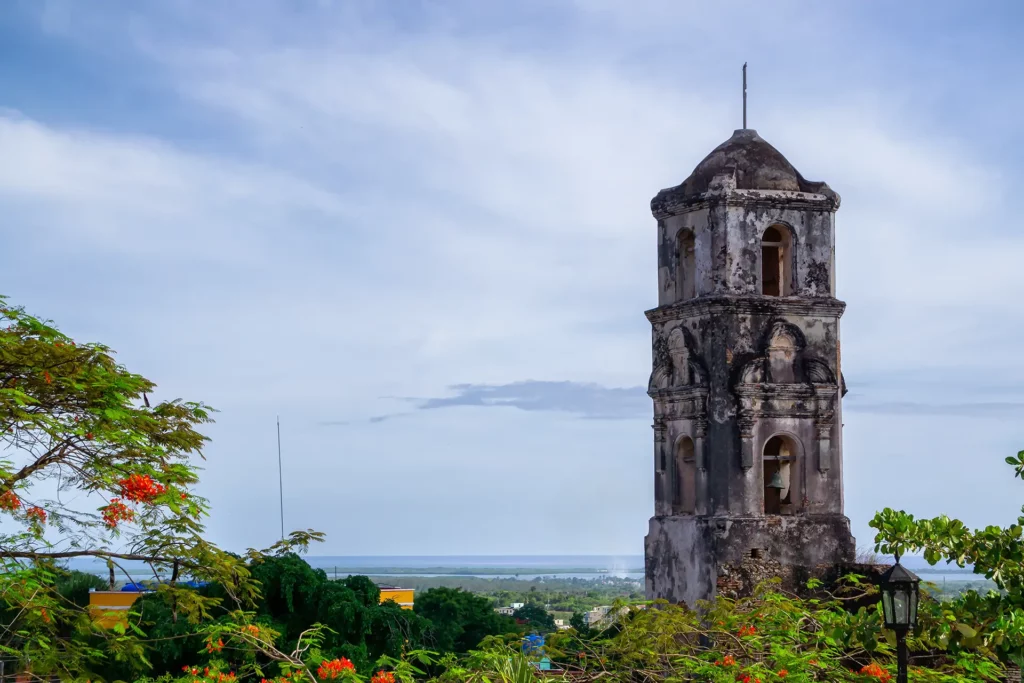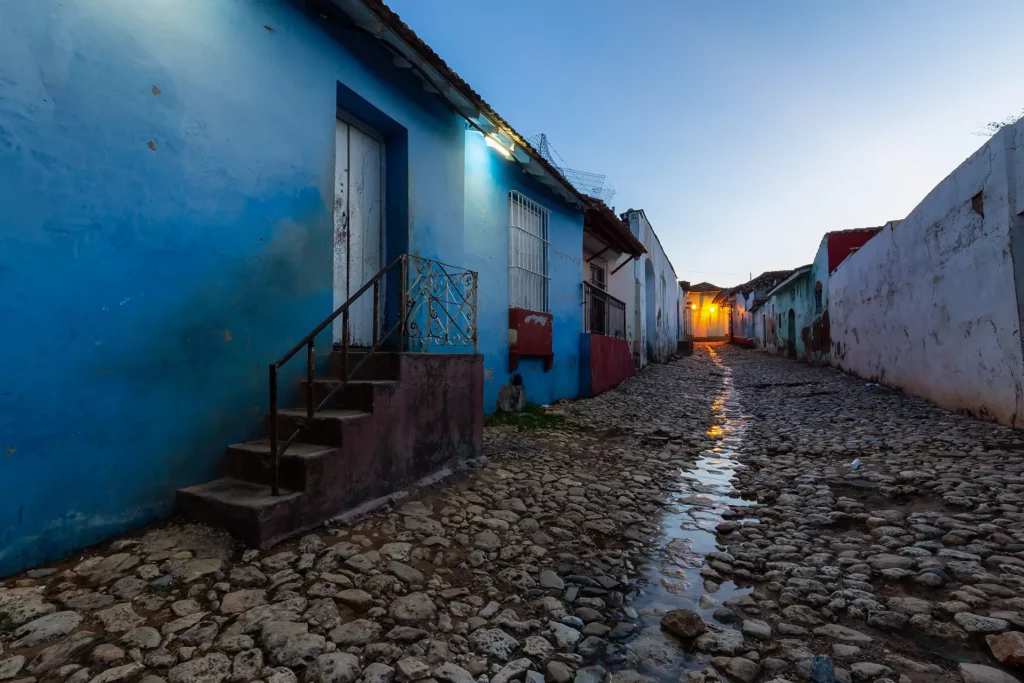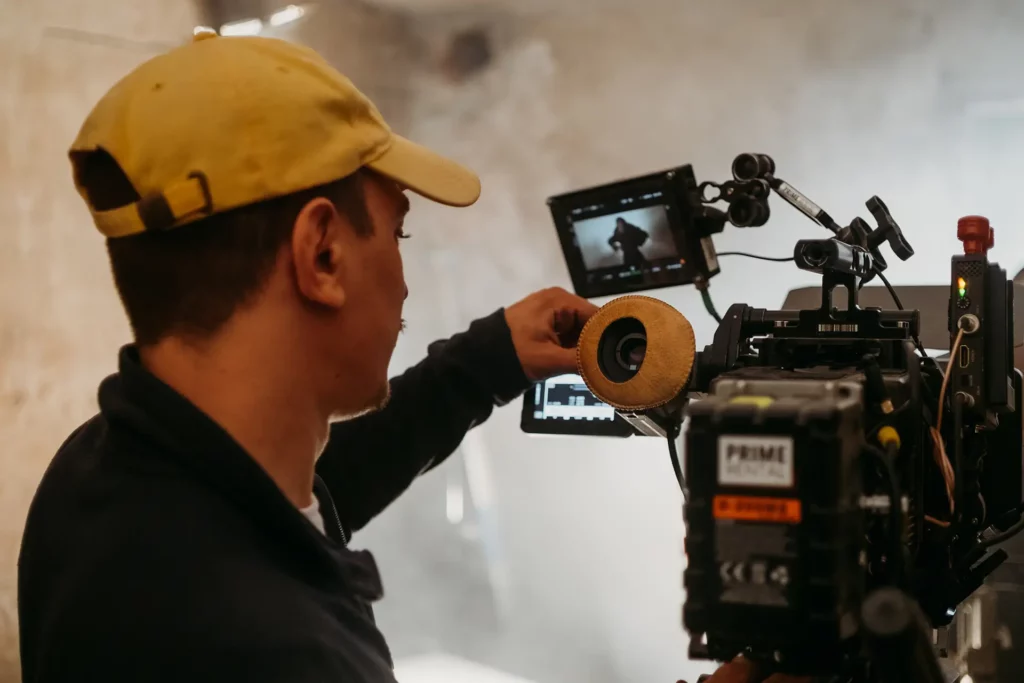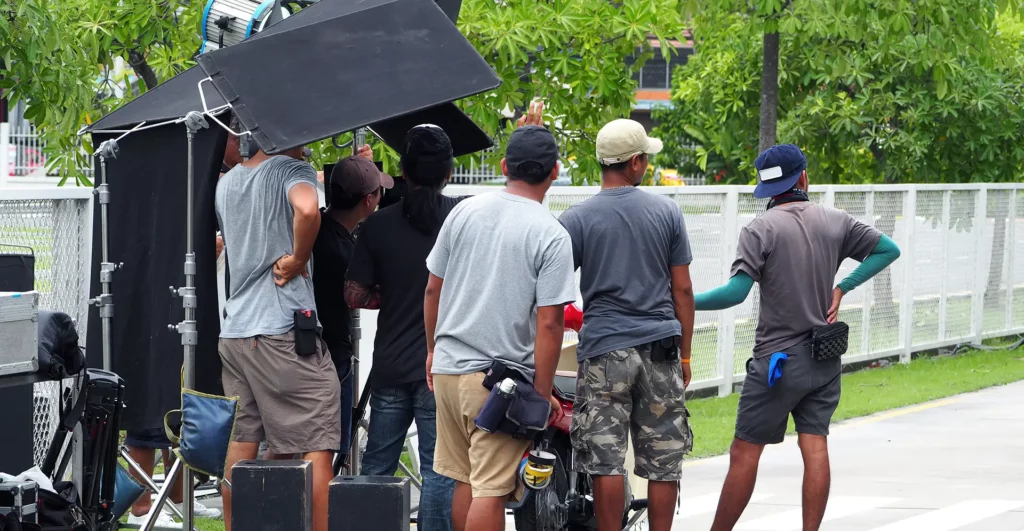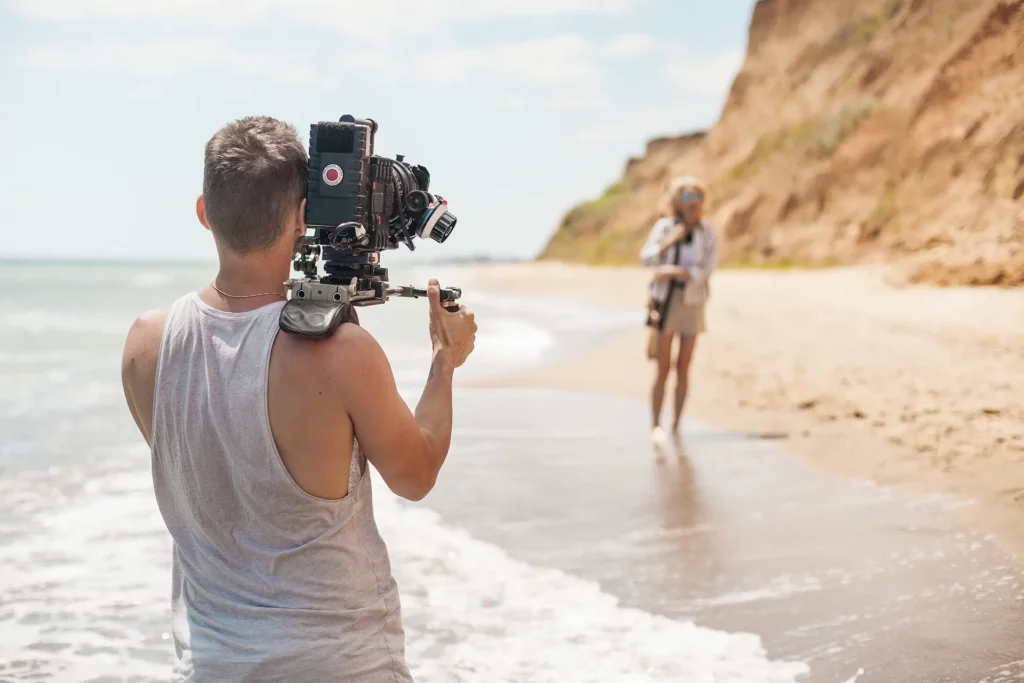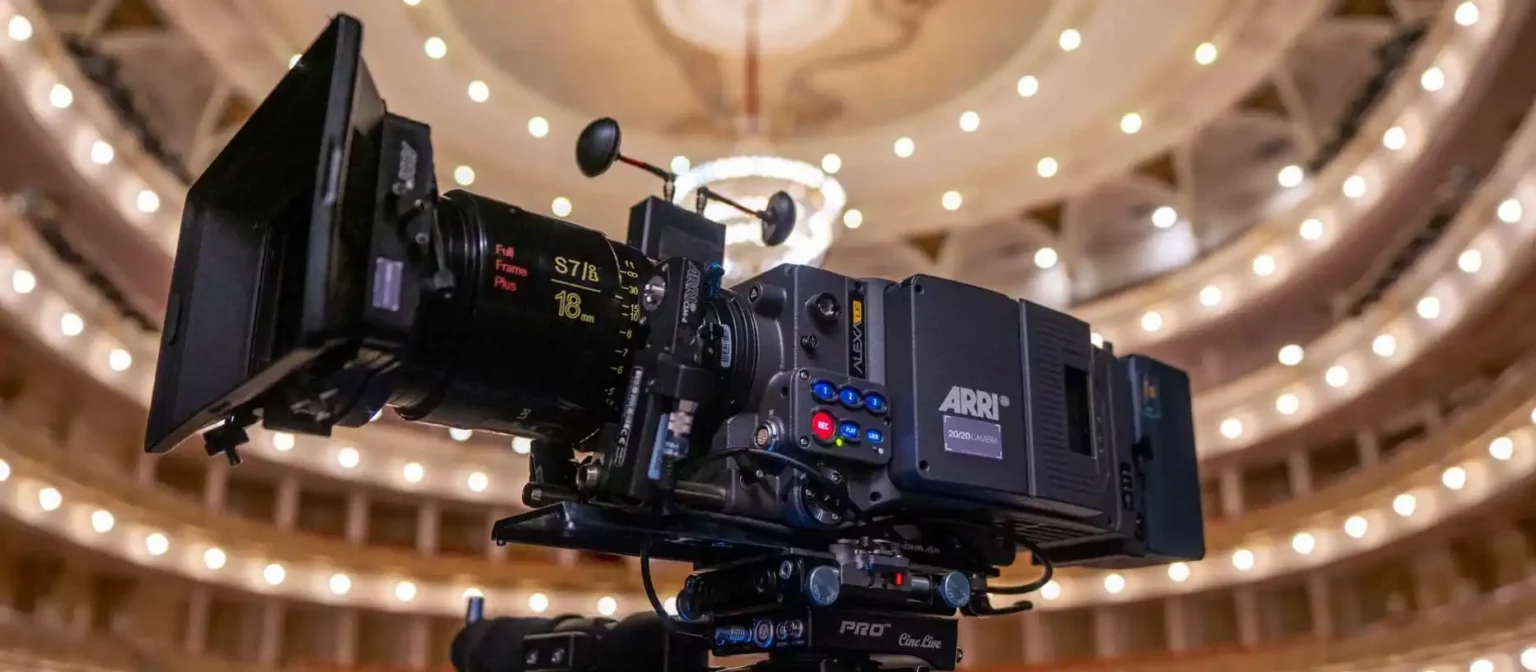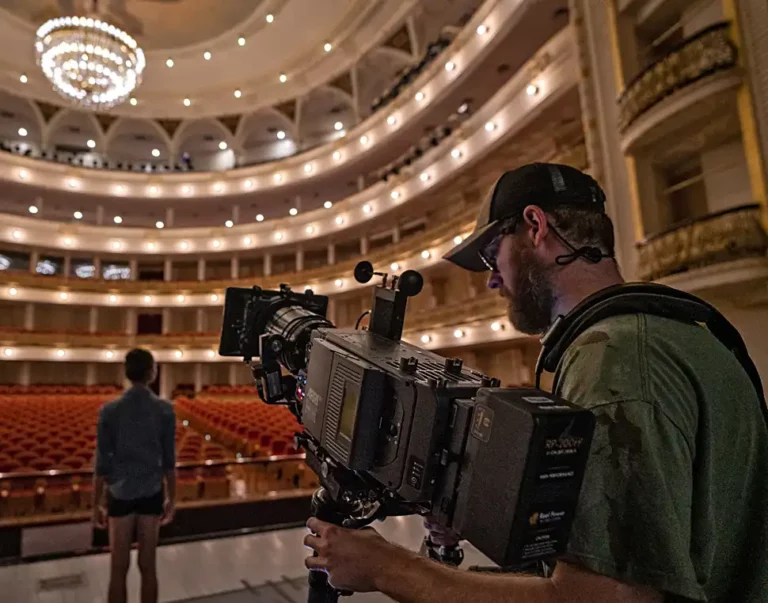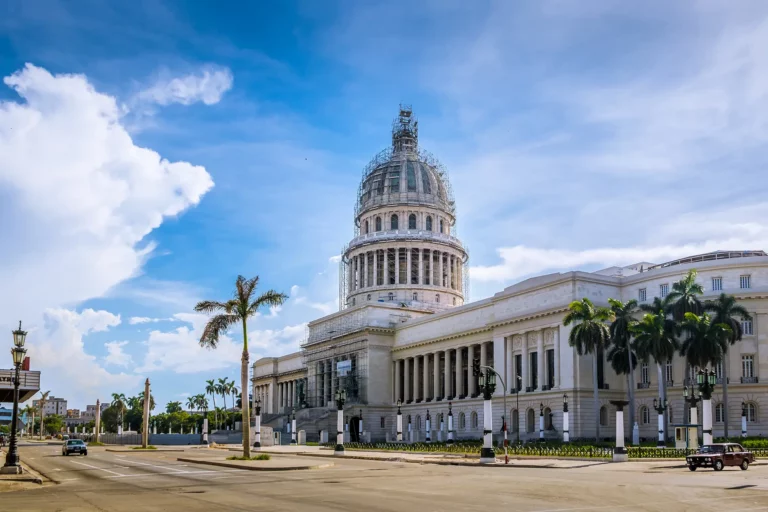Film Production in Cuba: The Guide to Cuba Production Services
Cuba production services cover the full spectrum of filmmaking. You can consider this your Guide for Film Production in Cuba. Filming in Cuba can be a unique and exciting opportunity for filmmakers, offering a rich blend of Spanish colonial architecture, stunning beaches, and lush tropical scenery. However, producing a film abroad requires careful consideration of a number of key factors, including location scouting, logistics, crew hire, permits and visas, budgeting, equipment rental, local laws and regulations, cultural sensitivity, language barriers, and transportation and accommodation. These factors can impact the success of a production, so it’s essential to be aware of them and to plan accordingly to ensure a successful shoot in Cuba. In this article, we’ll explore each of these critical criteria in more detail, providing guidance and insights to help you navigate the process of filming in this vibrant and culturally rich country.
Location Scouting
Location scouting is an important step in the process of filming in Cuba, as it helps to determine the best sites for your production. The country offers a wealth of diverse and picturesque locations, from the vibrant streets of Havana to the stunning countryside and beaches of rural areas. To get the most out of your location scouting trip, it’s important to do your research ahead of time and to bring a detailed list of the specific types of locations you’re looking for.
During your trip, take the time to walk around and get a feel for each location, taking note of any potential challenges, such as access and logistics, that may arise during filming. You’ll also want to consider the availability of local resources, such as power and communication equipment, to ensure that you have everything you need to produce your film.
When scouting locations in Cuba, it’s also important to be mindful of cultural sensitivity and to be respectful of the local community. Take steps to minimize any impact on the environment, and to be mindful of the cultural significance of certain locations.
Location scouting is an essential step in the process of filming in Cuba, and it requires careful research, planning, and consideration of the specific needs of your production. By being mindful of these key factors, you can ensure that you find the perfect locations to bring your film to life.
Logistics
Logistics are a critical factor in the success of any film production, and this is especially true when filming in Cuba. The country’s infrastructure and transportation systems can be quite different from what filmmakers may be used to in other countries, so it’s important to plan ahead and be prepared for any potential challenges that may arise.
Some of the key logistical considerations for filming in Cuba include transportation, equipment rental, and the availability of local resources, such as power and communication equipment. It’s essential to have a reliable transportation plan in place, both for getting to and from your filming locations, as well as for moving equipment and crew between sites.
In terms of equipment rental, it’s important to be aware that the availability and quality of Film Equipment in Cuba may be limited, so it’s a good idea to bring as much of your own equipment as possible. If you need to rent equipment in Cuba, be sure to research the options available and make arrangements well in advance of your shoot.
Logistics play a crucial role in the success of any film production, and careful planning is key to overcoming any challenges that may arise when filming in Cuba. By being mindful of these key factors, you can ensure that your shoot runs smoothly and that you have the resources and support you need to bring your film to life.
Crew Hiring in Cuba
Crew hiring is an important aspect of film production, and this is especially true when filming in Cuba. In order to ensure that you have the right team in place to support your shoot, it’s important to consider a number of key factors, including experience, skills, and cultural sensitivity.
When hiring a crew in Cuba, it’s essential to have a clear understanding of the roles and responsibilities of each team member and to ensure that everyone has the necessary experience and skills to complete their tasks. It’s also a good idea to consider the availability of local talent, as hiring a local crew can help to minimize costs and to ensure that you have a good understanding of the local culture and customs.
In terms of cultural sensitivity, it’s important to be aware of the cultural differences between your own country and Cuba and to take steps to ensure that your team is respectful of local customs and traditions. This can include taking steps to minimize the impact of your production on the local community and being mindful of the cultural significance of certain locations.
In conclusion, crew hiring is a critical component of film production, and careful consideration of experience, skills, and cultural sensitivity is key to ensuring that you have the right team in place to support your shoot in Cuba. By being mindful of these factors, you can ensure that your production runs smoothly and that you have the support you need to bring your film to life.
Permits and Visas
Obtaining the necessary permits and visas is a critical step in the process of filming in Cuba, and it’s important to plan ahead and to be prepared for any potential challenges that may arise. Depending on your specific needs, you may require a variety of different permits and visas, including work visas for foreign crew members, permits for filming in certain locations, and import/export permits for equipment and other materials.
In terms of work visas, it’s important to be aware that the process of obtaining a work visa for Cuba can be complex, and that the requirements may vary depending on the individual circumstances of your production. It’s a good idea to consult with a local immigration lawyer or specialist to ensure that you have the correct visas in place for your crew members.
For filming permits, it’s important to research the specific requirements for your desired locations and to make arrangements well in advance of your shoot. In some cases, you may need to provide detailed information about your production, including a script and a shot list, in order to obtain the necessary permits.
In conclusion, obtaining the necessary permits and visas is a critical component of film production in Cuba, and it requires careful research, planning, and preparation. By being mindful of the specific requirements for your production, you can ensure that you have the necessary authorization in place to bring your film to life.
Budgeting Film Production in Cuba
Budgeting is a crucial aspect of film production, and this is especially true when filming in Cuba. Due to the unique economic and political circumstances of the country, it’s important to have a clear understanding of the costs associated with filming in Cuba and to budget accordingly.
Some of the key costs to consider when budgeting for film production in Cuba include transportation, equipment rental, crew salaries, permits and visas, and local taxes. In addition, it’s important to consider the cost of any necessary adaptations or upgrades to equipment and facilities, as well as the cost of obtaining any necessary permits and visas.
In terms of cost-saving measures, it’s a good idea to research the availability of local resources, such as equipment rental and crew hiring, as well as the availability of local incentives or tax credits. Sometimes, you may also be able to negotiate lower rates with local suppliers or vendors, which can help to reduce your overall production costs.
Budgeting is a critical component of film production, and careful planning and preparation are key to ensuring that you have the resources you need to bring your film to life. Talk to us and get the most updated prices on the ground. By being mindful of the specific costs associated with filming in Cuba, and by taking advantage of any available cost-saving measures, you can ensure that your production stays on track and on budget, you may even save a little.
Equipment Rental
Arri Alexa LF in Cuba with Cooke S7/i 18mm Lens
Equipment rental is an important aspect of film production, and this is especially true when filming in Cuba. In order to ensure that you have the necessary equipment and facilities to support your shoot, it’s important to consider a number of key factors, including cost, availability, and quality.
When renting equipment in Cuba, it’s important to research the local market to determine what is available and to compare rates and quality between different suppliers. In some cases, you may find that it’s more cost-effective to bring your own equipment with you, although you will need to factor in the cost of shipping and customs clearance.
It’s also important to be aware of any restrictions or regulations related to Equipment Rentals in Cuba, such as import/export restrictions or local taxes. To minimize the impact of these restrictions, it may be necessary to work with a local rental company or equipment supplier who can help to navigate the local regulations and ensure that you have the necessary equipment to support your shoot.
In terms of quality, it’s important to ensure that the equipment you rent is in good working order and meets your specific production needs. This may require testing and maintenance prior to the start of your shoot, and it’s a good idea to have a backup plan in place in case of equipment failure.
In conclusion, equipment rental is a critical component of film production, and careful research and planning are key to ensuring that you have the resources you need to bring your film to life. By considering factors such as cost, availability, and quality, you can ensure that you have the necessary equipment in place to support your shoot in Cuba.
Film Production Laws and Regulations in Cuba
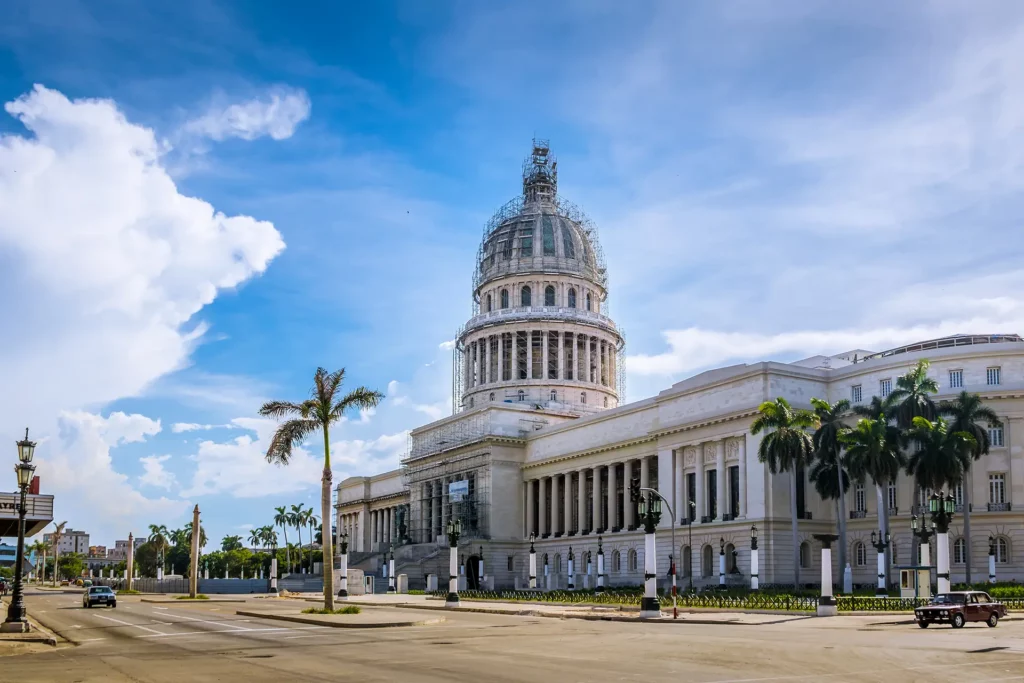
When filming in Cuba, it’s important to be aware of and to comply with the local laws and regulations related to the film industry. This includes rules and regulations related to permits and visas, copyright and intellectual property, and health and safety, among others.
One of the key challenges when filming in Cuba is navigating the complex regulatory environment, which can be difficult to understand and comply with. To ensure that you have a clear understanding of the local laws and regulations, it’s important to research the specific requirements for your production and to work with a local legal or regulatory specialist who can help you to navigate the rules and regulations.
In terms of permits and visas, it’s important to ensure that you have the necessary authorization in place to film in specific locations and to have work visas for any foreign crew members. In some cases, you may also need to obtain special permits for using certain equipment or for filming in specific areas.
When it comes to intellectual property and copyright laws, it’s important to be aware of the specific regulations related to the use of music, images, and other content in your film. This may require obtaining the necessary licenses or permissions from the relevant rights holders, and it’s a good idea to consult with a local intellectual property specialist to ensure that you are in compliance with the local laws.
By working with local experts and specialists, you can ensure that you have a clear understanding of the rules and regulations and that you are able to bring your film to life in a manner that is compliant with the local laws and regulations.
Cuba’s Cultural Sensitivity
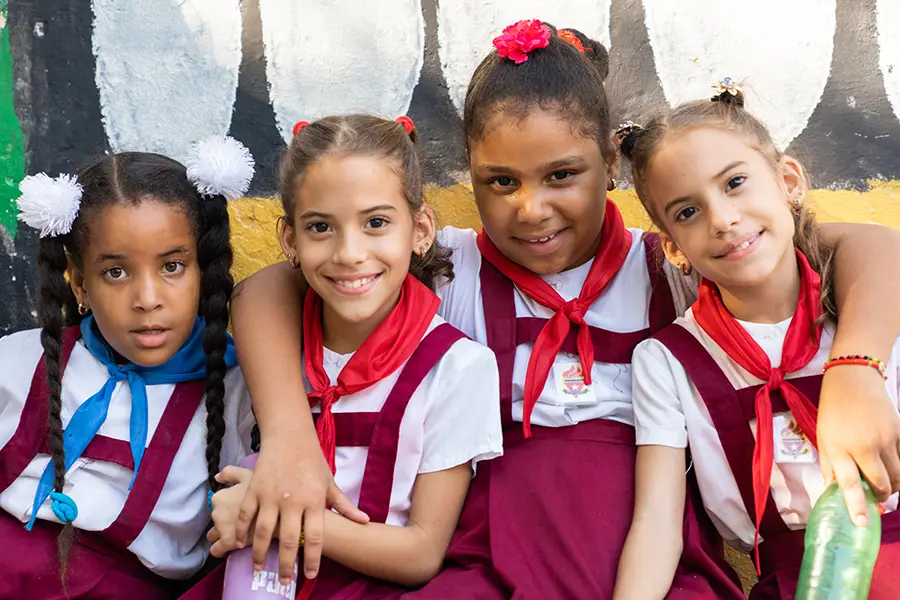
When filming in Cuba, it’s important to be sensitive to the local culture and to take the necessary steps to minimize any potential cultural misunderstandings or offenses. This can be particularly important when working with local cast and crew, or when filming in culturally sensitive locations. In general, Cubans are very easygoing, jokes can go really far before you get anyone upset. Honestly, in my experience the more relaxed the atmosphere the better results you will get no matter how serious the shoot is. Cubans have a great sense of humor.
To ensure cultural sensitivity, it’s important to research the local culture and customs and to be aware of any specific cultural norms or taboos that may impact your production. For example, you may need to consider issues related to dress, language, and respect for local religious or cultural beliefs, among others.
In addition, it’s important to be aware of and respect local attitudes toward the film industry and foreign production companies. This may involve being sensitive to local views on representation and taking steps to ensure that the local culture is depicted in a respectful and accurate manner.
When working with local cast and crew, it’s important to build positive relationships based on mutual respect and understanding. This may involve taking the time to learn about their culture, values, and work practices, and to work together to find common ground and resolve any potential cultural misunderstandings.
In conclusion, cultural sensitivity is an important aspect of film production in Cuba, and it’s important to be aware of and respect local cultural norms and attitudes. By taking the time to research the local culture and to build positive relationships with the local cast and crew, you can ensure that your production is culturally sensitive and respectful and that you are able to bring your film to life in a manner that is in line with local cultural norms and expectations.
Language Barriers, solved with Cuban Music

Language barriers can pose a challenge when filming in Cuba, especially for foreign production companies who may not be familiar with the local language or may have limited access to translation services. To overcome these challenges, it’s important to have a clear understanding of the abilities of your crew in that regard. Make sure to bring people that at least speak English.
Is good to have a bilingual or multilingual crew member on your team. This can help facilitate communication and to minimize misunderstandings. It will also help to build positive relationships with the local cast and crew.
Another solution is to use translation services, either in person or through technology. For example, you may consider using a professional translator or interpreter or using a translation app to help you communicate with the local cast and crew.
It’s also important to be aware of local customs and manners and to be respectful of these norms. For example, you may need to be mindful of the appropriate tone and language to use when communicating with local authorities. Local cast and crew will quickly learn and teach you Cuban ways to master the native’s non-verbal communication fashion, such as gestures or facial expressions.
Transportation and Accommodation
Transportation and accommodation are two important factors to consider when filming in Cuba and can have a significant impact on the success of your production.
When it comes to transportation, it’s important to have a reliable and efficient mode of transport that can accommodate your crew and equipment, and that can get you to and from your location quickly and safely. In Cuba, transportation options may include cars, buses, taxis, and bicycles, among others.
When it comes to accommodation, it’s important to choose a location that is comfortable, convenient, and safe, and that can accommodate your crew and equipment. Accommodation options in Cuba may include hotels, guesthouses, and homestays, among others.
It’s important to consider the cost of transportation and accommodation when budgeting for your production and to compare the different options available to ensure that you are getting the best value for your money. You may also want to consider working with a local production company or fixer who can help you to navigate the local transport and accommodation options, and who can provide local knowledge and support throughout your production.

